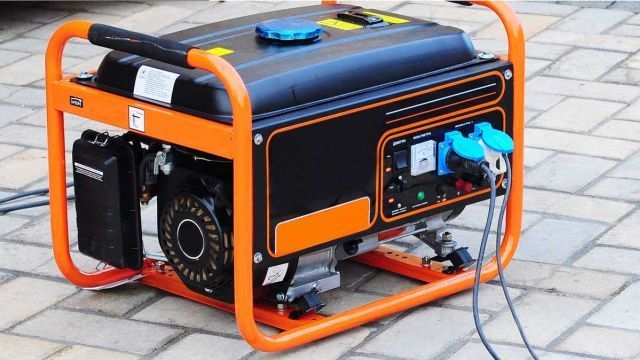
You should always be able to depend on the mobile generator that you purchase since its function is to provide power right when you need it. Because there are different reasons why you might want one, it’s essential to look for these specifications step by step. For instance, you don’t need a big generator if you need power on a much smaller scale. An effective way to ensure that you get a generator tailored to your specific needs is to work with your supplier.
If there isn’t one that already meets all these needs, they could even customize a generator set to serve you efficiently over a long period. As with all different types of generators, there are certain factors that you should consider to get the right portable generator. Here are some of them.
1. Budget
The first important thing you’ll have to take into account is your budget. A portable generator can cost you anything from a few hundred to a few thousand dollars. Additionally, the bigger a generator powered by fuel, the more money you’ll spend. A generator that runs for several days on end will cost you more than one used occasionally. With it, you’ll also need to buy a quieter motor which will cost you some extra dollars.
In case you are buying a solar-powered one, these price variations will still apply. The higher the wattage of your panels, the costlier your generator. Lastly, a lightweight, portable model with a higher wattage will undoubtedly have a considerably higher price tag.
2. Extras and add-ons
If you have ever bought generators on a large scale in the past, you sure do understand the long list of features that you had to go through. If you are not very familiar with technical jargon, understanding these features becomes even more challenging. If, for instance, you need a generator to power your entire household, get one with 5,000 watts or more. This will be enough to accommodate appliances with a voltage of over 220, such as stoves and dryers. Additionally, you’ll need an interlock device or transfer switch to connect your generator to the circuit panel.
If you lose your power and wish to transfer to your portable generator, flip this switch to alert your systems of the change in power sources. You need an electrician for this kind of task, and it will cost you a considerable amount of money. Generally, interlock devices cost less and are easier to install. It’s crucial to get these add-ons installed to protect against safety risks to your repairmen, appliances and the generator itself.
3. Performance
Before you purchase anything, do your research on how well each model of generator functions. The time your generator will run on a fuel tank, or full battery capacity is often indicated. This is different from continuous rating and maximum rating. The former refers to how much power output your battery can give over time, while the latter is the output over short periods.
You could also look at the warranties to determine whether the generator will serve you for a long time. When assessing performance, it’s helpful to also look at the material used to make your generator. Steel is an excellent choice. Even if you get a gas generator, there is still a chance that it might malfunction. Therefore, always know the history of any generator before you purchase it.
A generator is a long-term investment. Before putting all your money in, do a lot of research and compare different models and sizes. This will be valuable in ensuring that you secure the best quality in the market.
